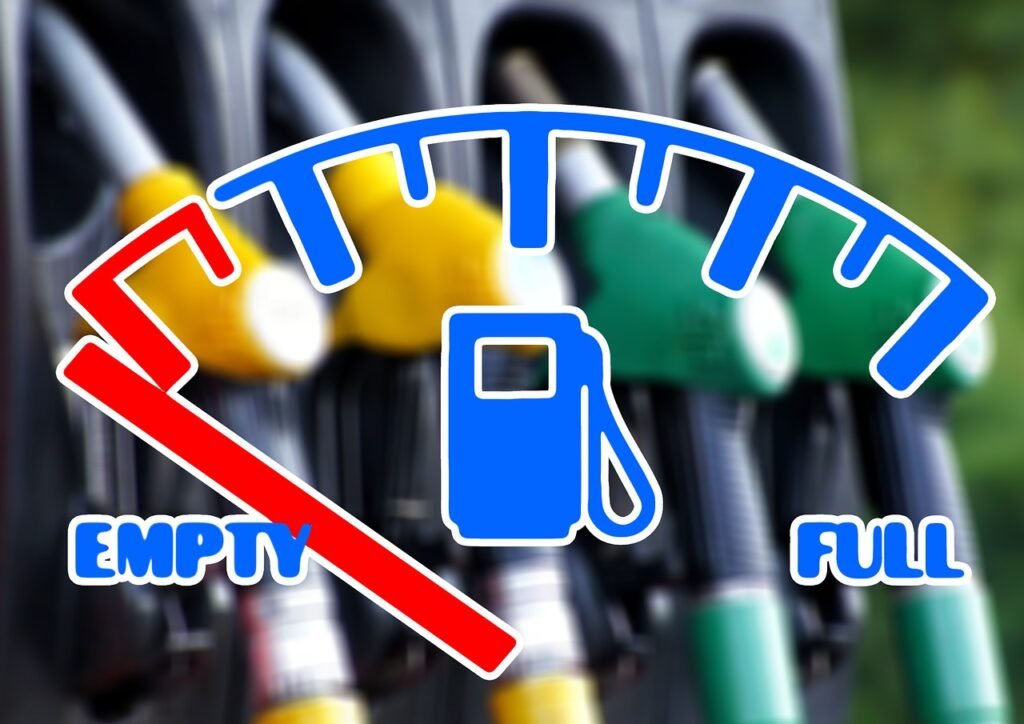Do I Really Need to Use High Octane Gasoline?
Many car manufacturers are now recommending the use of premium fuel with an octane rating above 90. But do you really need to use high octane gasoline? Let’s explore the reasons behind this recommendation and whether it’s necessary for your vehicle.
Understanding Octane Rating
The octane rating measures the resistance to premature combustion of the air and fuel mixture in the engine cylinder. The higher the octane rating, the more control over the mixture, which can potentially increase engine performance.
In the United States, gasoline typically ranges from 87 octane for “regular grade” to 88-90 octane for “mid-grade” and 91-94 octane for “premium grade.” You can find the octane rating posted on the fuel pump at the gas station.
Manufacturer Recommendations
Most vehicles are designed to operate on 87 octane fuel. However, car manufacturers are increasingly recommending higher octane fuel to increase the power of the engine while maintaining fuel economy, especially for smaller engines.
The recommended octane rating for your specific car will be displayed on the fuel filler door and in the owner’s manual. It’s important to follow the manufacturer’s recommendation to ensure optimal performance.
Effects of Using Lower Octane Fuel
Using a lower octane fuel than recommended may reduce the performance of your engine, but usually not in a significant way. You may notice a slight decrease in power or efficiency. However, for most vehicles, the difference is minimal and may not be noticeable in day-to-day driving.
If you are significantly price-sensitive, you can consider filling up with premium fuel every second or third fill. This can help maintain some of the benefits of higher octane fuel while saving on costs.
Using Regular or Mid-Grade Fuel as a Temporary Option
In conclusion, it’s best to use the octane rating recommended by the car manufacturer. However, if premium fuel is not available or if you are trying to save on costs, using regular or mid-grade fuel as a temporary option should not cause significant harm to your engine.
Additionally, regardless of the octane rating, it’s highly recommended to use fuel that is rated as Top Tier gasoline. Top Tier fuels contain a higher level of detergent additives, which can help keep your engine clean and running smoothly. See my post from January 10, 2024 for more information on Top Tier fuel.
Remember, always refer to your owner’s manual and follow the manufacturer’s recommendations for optimal performance and fuel efficiency.

